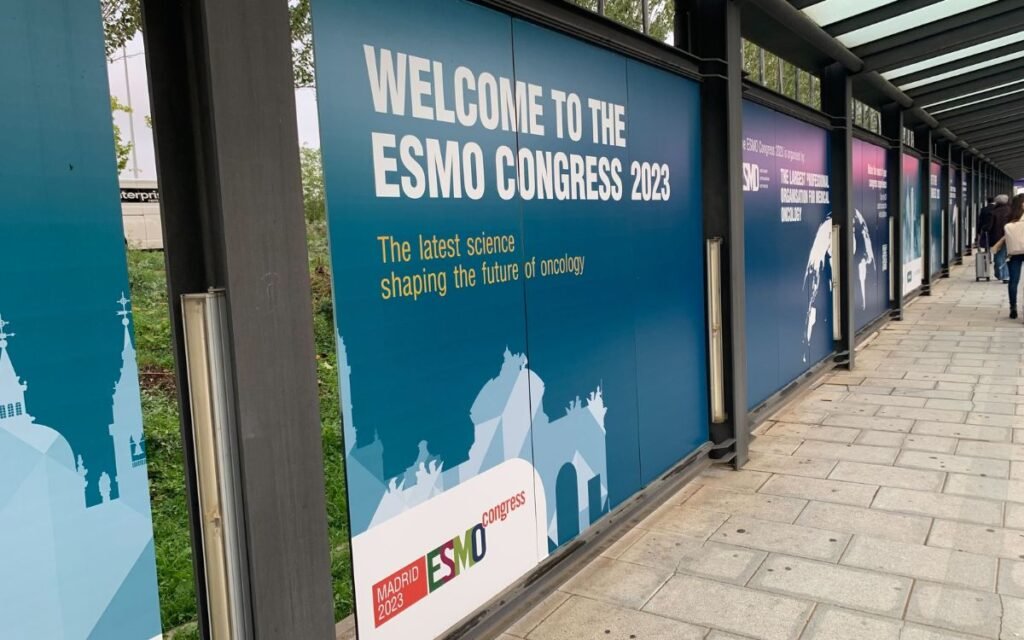At the European Society for Medical Oncology (ESMO) Congress, Daiichi Sankyo made a significant impact by striking a $4 billion upfront deal with Merck & Co., granting them rights to Daiichi’s next three promising antibody-drug conjugate (ADC) candidates.
“We realize we have a core competency in drug discovery, ADC technology and we understand that a company like Merck clearly has core competency in clinical development capabilities, oncology, clinical research capabilities. So we saw the potential for a nice collaboration.” Daiichi’s Mark Rutstein, M.D., head of global oncology clinical development
In addition to the substantial upfront fee, Daiichi is poised to receive $1.5 billion in continuation payments over the next two years, along with the potential for up to $16.5 billion in sales milestones—an uncommonly lucrative deal in the world of pharmaceutical licensing.
The deal is driven by the goal of expediting these three ADC candidates into clinical trials. The most advanced among them is patritumab deruxtecan (HER3-DXd), an ADC directed at HER3, currently in pivotal trials for EGFR-mutated non-small cell lung cancer. The other two candidates are ifinatamab deruxtecan (I-DXd), a B7-H3-directed ADC in phase 2, and raludotatug deruxtecan (R-DXd), aimed at CDH6, a protein overexpressed in various cancers. A phase 1 trial for R-DXd is currently enrolling participants.
Also Read: Dato-DXd Shows Efficacy In Lung Cancer, But Safety Issues Remain (ESMO 2023)
Daiichi’s decision to collaborate instead of pursuing these developments independently was driven by the need for speed and the desire to reach patients more quickly. While Daiichi has been rapidly building its capabilities, they recognized that partnering with a pharmaceutical powerhouse like Merck would expedite drug delivery to a broader patient population.
The choice of Merck as a partner was based on Merck’s stellar track record in oncology research, notably their success with Keytruda, and their robust clinical development capabilities. Despite approaching the loss of exclusivity, Keytruda continues to deliver impressive data across various disease states, including ESMO, and remains successful in phase 3 trials.
Merck’s commitment to this partnership was evident in the careful consideration they put into their offer, aiming to tap into Daiichi’s technological expertise and the company’s track record of delivering effective ADCs.
Merck’s prior successful collaboration with Daiichi led them to focus on five ADC candidates developed in-house, including Enhertu, which is approved for advanced breast cancer. Both companies are actively working on their next candidate, datopotamab deruxtecan (Dato-DXd), with data presented at ESMO addressing concerns about adverse events. This reassurance comes after earlier concerns regarding interstitial lung disease, which had initially raised doubts about this next-generation ADC.
Also Read: Pluvicto Improves Survival In Earlier Prostate Cancer, But Faces Regulatory Hurdles (ESMO 2023)
Amid the surge of interest in ADCs from various pharmaceutical companies, including GSK and Eli Lilly, Daiichi remains committed to advancing its ADC pipeline and expanding its research endeavors. As Rutstein put it, their aim is to stay focused and continue their groundbreaking work in the field of ADCs, which is currently experiencing an exciting phase of growth and innovation.





























